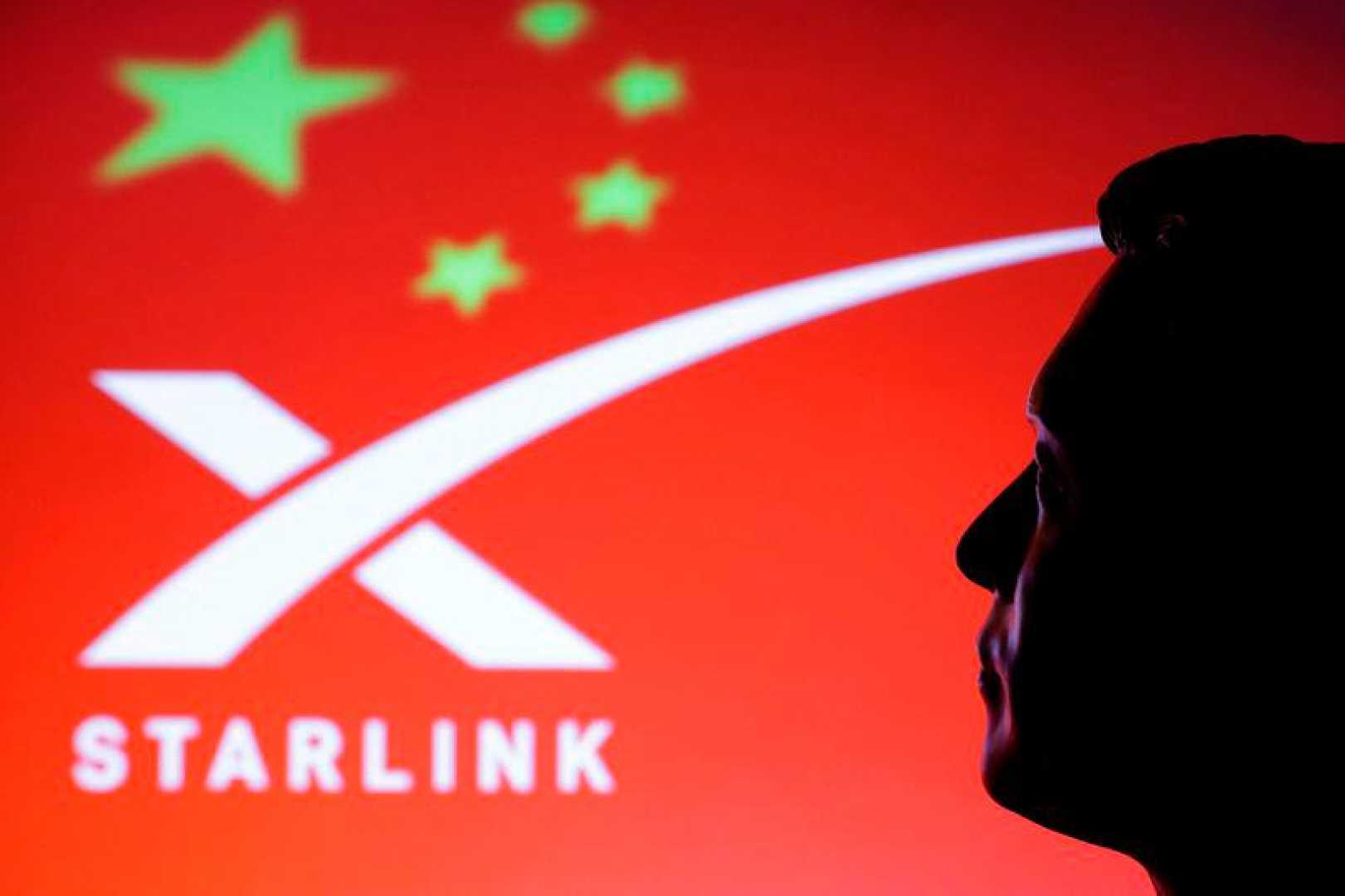Business
SpaceX’s Chinese Investors: A Secretive Offshore Strategy Revealed

WILMINGTON, Del. — SpaceX, the aerospace company founded by Elon Musk, reportedly allows Chinese investors to purchase stakes in the firm as long as the funds are routed through offshore entities such as the Cayman Islands. This disclosure emerged from a recent corporate dispute in Delaware.
The case included testimony from SpaceX Chief Financial Officer Bret Johnsen and major investor Iqbaljit Kahlon, who noted the company’s preference to avoid direct Chinese investments due to its status as a defense contractor. However, Kahlon revealed that SpaceX finds it ‘acceptable’ for Chinese investors to engage through offshore vehicles. ‘The primary mechanism is that those investors would come through intermediate entities that they would create or others would create,’ he stated.
Experts in national security and corporate finance expressed concerns over SpaceX’s practices. They caution that a defense contractor taking steps to conceal foreign ownership interests could pose national security risks. Kahlon, who reportedly owns billions in SpaceX stock, has a history of facilitating Chinese investments into the company through his firm.
The legal matter surfaced following an aborted deal in 2021 when SpaceX executives expressed alarm after a Chinese firm announced plans to buy $50 million worth of stock. SpaceX retracted the deal, citing media coverage that could jeopardize its relationships with U.S. government regulators. Johnsen testified that such publicity is detrimental to the company as a government contractor.
Federal laws empower regulators to examine foreign investments in tech and defense industries, particularly concerning investments from countries considered adversarial, such as China. Nonetheless, the exact scale of Chinese ownership in SpaceX remains unclear, as the company maintains strict controls over share purchases.
Kahlon acknowledged that he has facilitated previous investments from Chinese entities and revealed that a significant Chinese investment opportunity fell through due to concerns about disclosing SpaceX’s name in regulatory filings. The situation reflects SpaceX’s strategy to manage foreign investment while navigating regulatory scrutiny.
SpaceX’s intricate investment framework has sparked a renewed focus on Musk’s relationships with China, especially as geopolitical tensions rise. Critics, including lawmakers, have previously expressed unease about Musk’s extensive business dealings in China, which include the management of Tesla operations amidst significant scrutiny over human rights violations.
Despite being a critical player in the defense sector, SpaceX’s strategy to permit indirect Chinese investment through offshore channels raises ethical and national security questions. Experts are calling for clearer policies and greater transparency regarding foreign investments in sensitive U.S. companies.












